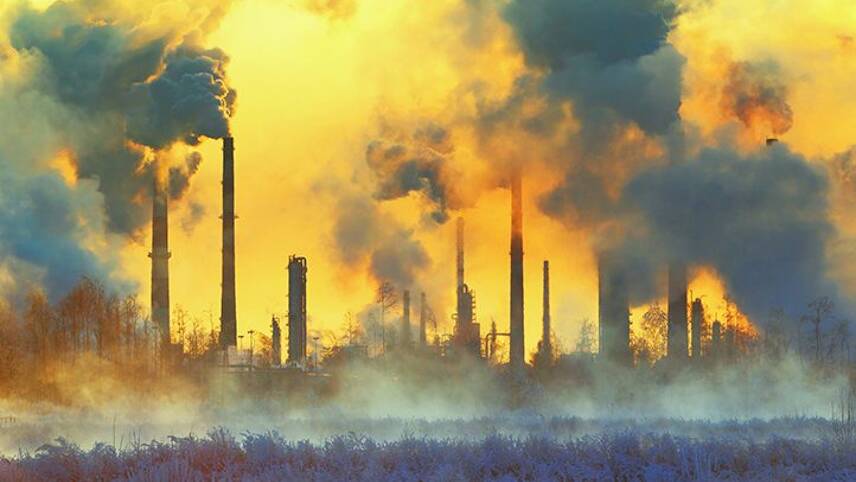Register for free and continue reading
Join our growing army of changemakers and get unlimited access to our premium content

Many scenarios offered by energy giants fall between 1.5C and 2C
While energy giants such as BP and Shell celebrate record-breaking profit margins, new research has warned that their decarbonisation scenarios are not compatible with a 1.5C future.
In a peer-reviewed paper published today (16 August) in Nature Communications, researchers analysed six institutional scenarios published between 2020 and mid-2021, including four from the oil majors (two from BP), and two developed by the International Energy Agency IEA.
It found that only the IEA Net Zero 2050 scenario is consistent with the 1.5C ambition of the Paris Agreement. Basing comparisons against the Integrated Assessment Model scenarios assessed by the Intergovernmental Panel on Climate Change (IPCC), the study found that scenarios offered by the likes of BP, Shell and Equinor sat between 2C and 1.5C.
Equinor’s ‘Rebalance’ scenario peaks at a median warming of 1.73°C above pre-industrial levels in 2060, according to the study, while BP’s two decarbonisation scenarios – which vary based on the speed of technology deployment – sit at 1.73C and 1.65C. The IEA’s sustainable development scenario (SDS) reaches 1.78C in 2056.
The researchers state that every fraction of a degree matters when it comes to net-zero scenarios, with the climate likely to change drastically for every difference.
“Most of the scenarios we evaluated would be classified as inconsistent with the Paris Agreement as they fail to limit warming to ‘well below 2C’, let alone 1.5C, and would exceed the 1.5C warming limit by a significant margin,” said Dr Robert Brecha, co-lead author of the study.
“Energy system transformation is critical to reaching the Paris Agreement warming limit, and decision makers need sound and transparent scientific assessments. This paper adds to that transparency.”
Carbon bombs
The oil and gas sector is already set to burn through some 80% of the total global carbon budget the world will need to stick to if the Paris Agreement’s 1.5C trajectory is to be realised according to reports. A collaborative effort between the World Benchmarking Alliance (WBA), CDP and ADEME, the benchmark report assesses the emissions and climate plans of publicly listed and state-owned energy companies against the Assessing Low-Carbon Transmission (ACT) methodology. It then compares these results to alignment with a 1.5C temperature pathway.
The report analyses the emissions associated with 100 of the world’s largest energy companies, revealing that, if they do not change their business models, they will consume the sector’s carbon budget for 2019-2050 by 2037. All of the state-owned businesses and major corporates analysed have increased either oil or gas production, or both, since 2014.
Independent companies are set to account for a further 12% of the carbon budget and the seven biggest oil majors a further 13%. This cohort includes BP, Chevron, ConocoPhillips, Eni, ExxonMobil, Royal Dutch Shell and Total Energies.
The world is on course to produce around 110% more fossil fuels than what is compatible with a 1.5C future, according to a UN report warning that governments plan to double fossil fuel production by 2030 despite setting net-zero targets.
The report warns that despite almost three-quarters of the global GDP being covered by actual or intended net-zero strategies, the fossil fuel production gap still remains incompatible with the aims of the Paris Agreement.


Scientists and engineers have been working largely on a voluntary basis for fifty years in our efforts to make zero emission energy commercially available around the world.